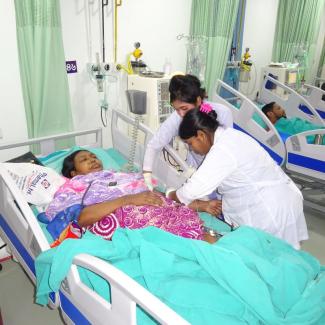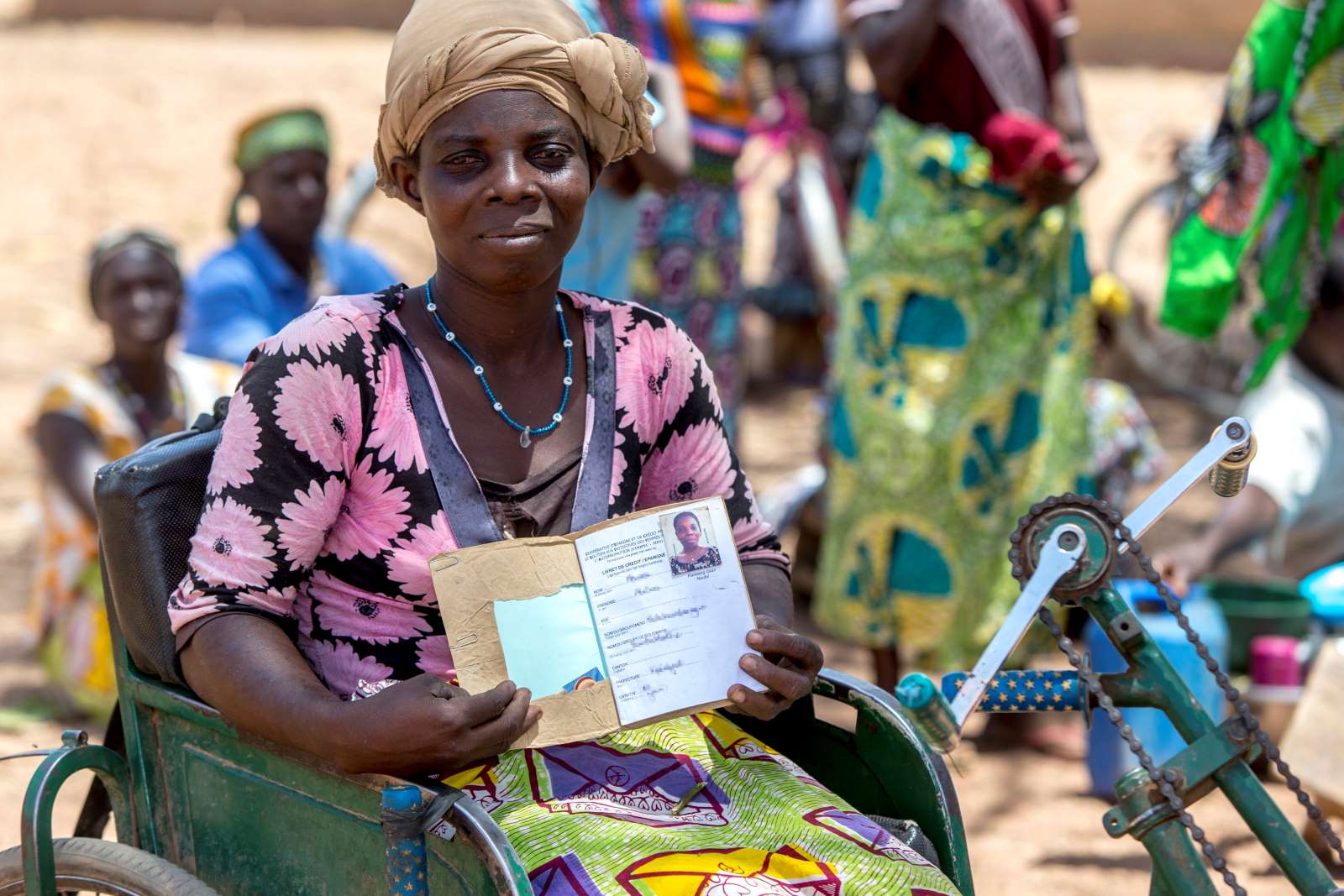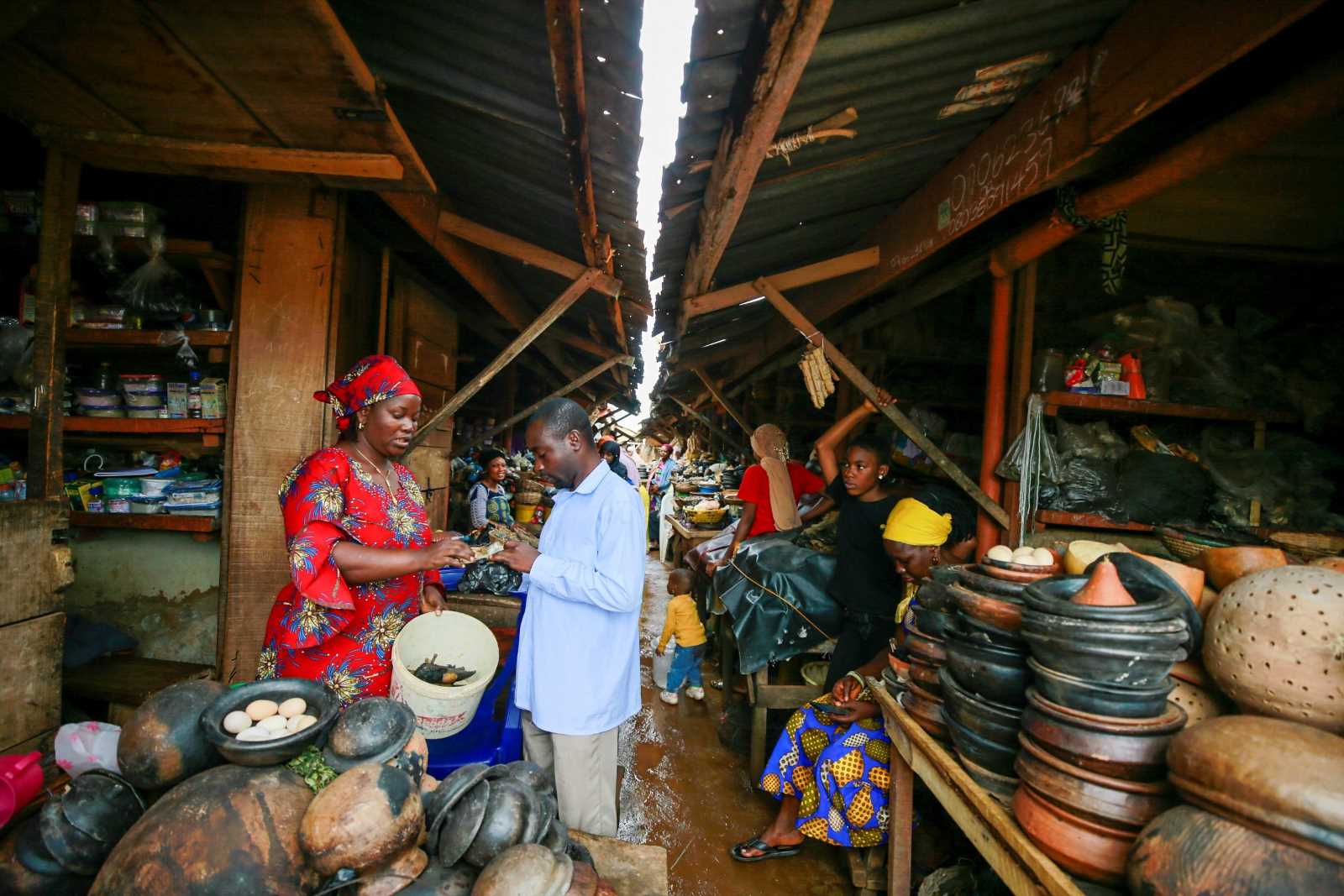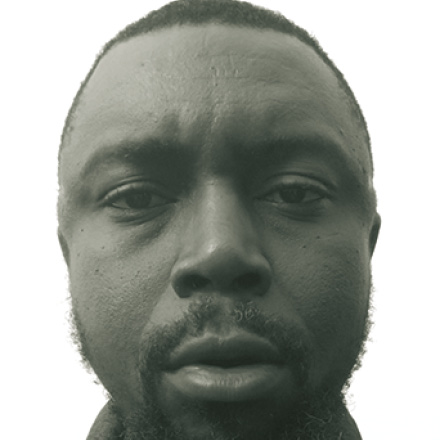Bangladesh
More than 50 % below the market price

What are the reasons of kidney failure?
Diabetes can cause kidney failure, and so can hypertension, skin diseases during infancy, kidney infections, frequent change of antibiotics and adulterated food. Heavy use of painkillers is another reason. Kidneys are small, fist-sized organs that purify blood. If they fail, the person concerned needs dialysis, a treatment that requires big machines. The treatment is simple and life-saving, but it is expensive and time consuming. Every week, a patient needs three sessions of four hours.
How many people in Bangladesh need dialysis?
About 1 million people do, and every year, an additional 50.000 new patients need dialysis. Many cannot afford the treatment however. Private health-care providers charge 3,000 to 8,000 Taka per session. That is roughly the equivalent of $ 30 to $ 80. Dialysis has to be supplemented with a haemoglobin enhancer which costs 1,800 Taka per week. Blood examinations every three months cost approximately another 3,000 Taka. Families struggle to make those payments. They end up selling assets like land or a house, but run out of money eventually and the patients drop out of the treatment scheme – which is their death sentence. In Bangladesh, families are on their own because we do not have a government-run national health service that covers everyone as is the case in Taiwan, Iran or Britain, for example.
Germany has something like that too.
Yes, I know, and Bangladesh needs it too. Instead, we are copying the American model of private health care. Global institutions like the World Health Organisation and the World Bank are paying too little attention to health economics. I think European donor governments should promote, at the global level, the kind of governmental health care that works so well in their own countries. The challenge is twofold. Services must not only become available, but affordable too. The free market does not deliver that. To cover everyone, solidarity is more important than competition. And in regard to non-communicable diseases, we must consider that availability and affordability are both long-term issues. If you are diabetic or suffer from hypertension, you must take your pills every day for the rest of your life. It is not like taking an antibiotic for a few days. People who depend on dialysis need a session every other day. Making that happen is a huge challenge.
What is GK’s contribution?
We have set up a new dialysis centre at our hospital in central Dhaka. We have the capacity to handle 400 patients per day in 4 shifts. Presently we are treating on average 215 patients per day. Some of them travel from afar, up to 400 kilometres, for this purpose. We charge less than 50 % of the market price. Our rates range from 800 Taka to 3,000 Taka. We cross-subsidise services for the poor. Our own costs are about 2,000 Taka, and we hope the centre will break even in three years.
As your colleague Rezaul Haque explained in D+C/E+Z last year (e-paper 2017/05, p. 28), GK runs a non-governmental health insurance that charges wealthy members more in order to be able to provide health care to the poor. The rates you charge members for individual services once again depend on what income group they belong to. One way to keep your costs low is to rely heavily on paramedics and only refer patients to academically trained doctors when needed. Unlike private-sector providers you are not keen on huge returns. But even though your centre is very big by South-Asian standards, it seems like a drop in the ocean. You treat a few hundred patients of thousands who are in need. Moreover, for Bangladesh’s poorest people, even 800 Taka is a lot of money.
Well, we actually treat 25 patients who are destitute entirely free of charge. But you are correct, of course, GK cannot solve all of our country’s health-care problems. We do our best, setting examples of what can – and must – be done. And yes, we are decentralising our services and will soon open two smaller dialysis centres in Sylhet and Rangpur. Moreover, we want to expand the existing centre in Dhaka.
How can GK afford such major investments?
No foreign donors are involved so far. We got support from local business people and philanthropists. I also got a discount from the German manufacturer that makes the best dialysis machines. Things could and should be easier, however. In Bangladesh, you pay one percent tax when you import industrial machines, but the rate is at least 31 % for medical equipment. Moreover, philanthropic donations are not tax-deductible. We face many challenges. That said, we always weclome donations including from Germany or other rich nations, if people there want to support us.
Zafrullah Chowdhury is the founder of Gonoshasthaya Kendra, an non-governmental health-care organisation in Bangladesh.
gkhealth.org@gmail.com












